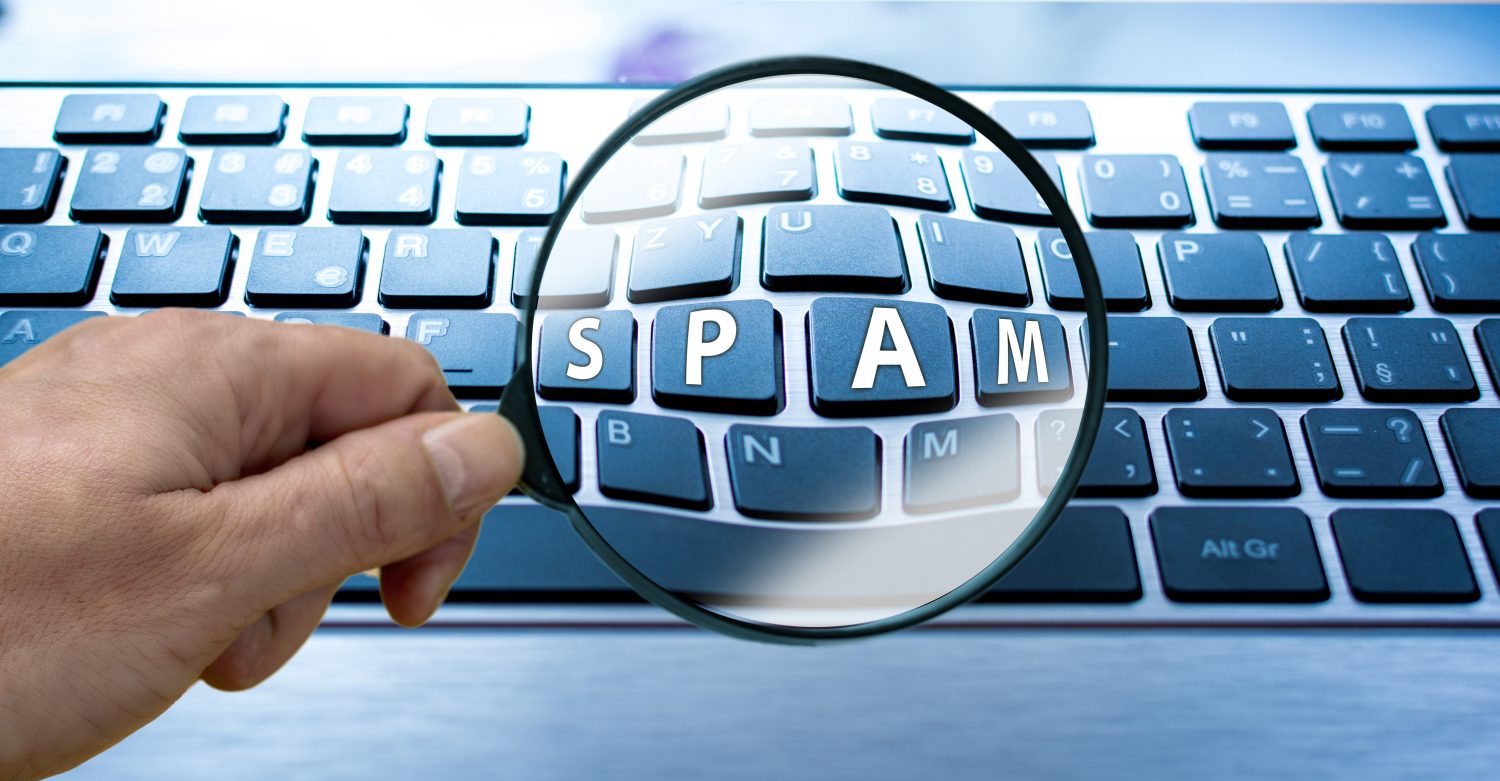
Email scams, also called phishing scams, have been on our minds and in the news for what feels like forever, everyone knows about them and to avoid them, so why are they still in the news? Unfortunately, this is because fraudsters are still managing to scam people. The first spam email was sent in 1978 and since then, advances in technology and innovative, clever ideas by fraudsters are catching even the most careful and vigilant out.
Over the past week we have been inundated with calls from customers who have had a certain spam email stating that ‘hacking had occurred’. Naturally, receiving an email like this would make anyone worried but before clicking on anything, check the email and search for the characteristics below. First and foremost, it is incredibly unlikely that if you had been hacked, you would receive an email about it but if you feel nervous or worried about an email, don’t open it. Ask for advice from your IT department or if you are an SME contact us here and one of our technicians will be on hand to help.
We have also noticed a rise in customers having spam phone calls from fraudsters pretending to be from Microsoft or IT company. Don’t give any personal information over the phone, politely decline and hang up then immediately contact your IT department or service to check your devices are secure.
What characteristics should I be looking for?
Check the senders email address.
- does it tally up with the senders company?
- does it look like a normal email address?
- is the address spelt correctly?
- are there any numbers in random places?
If any of the above, it is likely to be from an unknown source.
Read the email.
- is it addressed to a generic ‘Dear Customer’ or ‘Dear Friend’ for example? If the email isn’t fake, in most cases your personal name will be used here.
- does it have a link to download or open something? Opening a link has the potential to open your device up to risk of viruses.
- does it contain threats that you must act immediately or something will happen, such as, your account being closed? A reputable company would never do this.
- does it request for personal information including passwords or bank details? A clear sign it’s a spam email.
- are there spelling or grammar mistakes? Another clear sign it’s likely to be dangerous.
- is there a website link with a single character difference to the normal spelt link? i.e. www.ebmtld.co.uk / www.ebmltd.co.uk – difficult to spot but a telling sign it’s fake.
- does the subject including ‘RE:’? This is used to trick readers into thinking it’s an ongoing conversation and therefore safe.
Check the branding.
- if there is a logo, is it blurry or lacking in quality? Reputable companies will not use blurry logos in their email marketing.
- does it look the same as the last legitimate email you received from that company? Spam emails copy well known companies branding but there will be differences, so be vigilant.
If you recognise any of these characteristics, our advice would be to not open, click on a link, or download anything from that email. Simply delete it and notify your IT Department or IT Service.
EBM offer an IT Management Service that can include the following:
- Email Spam Filtering and Email Security
- Proactive Support
- Network Design
- Cloud Backup
- Office 365 Migration
Call today to find out more on 01376 512575 or email info@ebmltd.co.uk